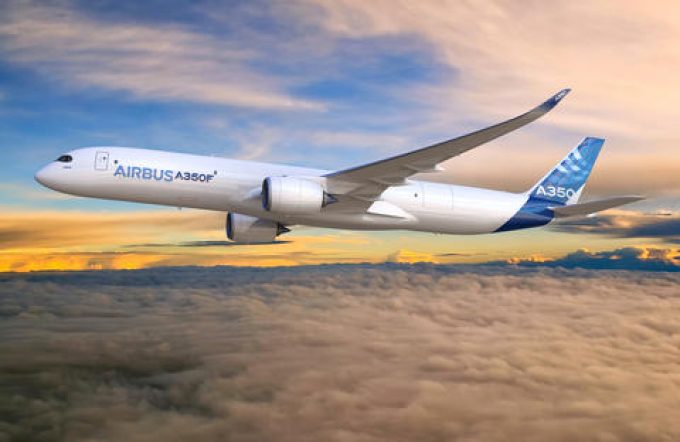List of blanked transpac sailings grows as trade war heats up and demand cools
** EDITED AT 17:19 BST ON 09/04/25 TO INCLUDE COMMENT FROM ATLAS AIR, AND AT ...

News that Atlas Air is considering becoming an Airbus operator for the first time marks a major change in the industry.
Boeing – which has myriad problems right now – is losing its almost-monopolistic position in freighters – but that leaves freighter operators like Atlas examining whether they want to be a two-manufacturer operator.
Atlas told Bloomberg it was in “relatively advanced stages” of talks with both Boeing, for the 777-8F, and Airbus, for its new A350F. But reportedly, Atlas has ...
Asia-USEC shippers to lose 42% capacity in a surge of blanked sailings
USTR fees will lead to 'complete destabilisation' of container shipping alliances
New USTR port fees threaten shipping and global supply chains, says Cosco
Outlook for container shipping 'more uncertain now than at the onset of Covid'
Transpac container service closures mount
DHL Express suspends non-de minimis B2C parcels to US consumers
Zim ordered to pay Samsung $3.7m for 'wrongful' D&D charges
Flexport lawsuit an 'undifferentiated mass of gibberish', claims Freightmate

Comment on this article